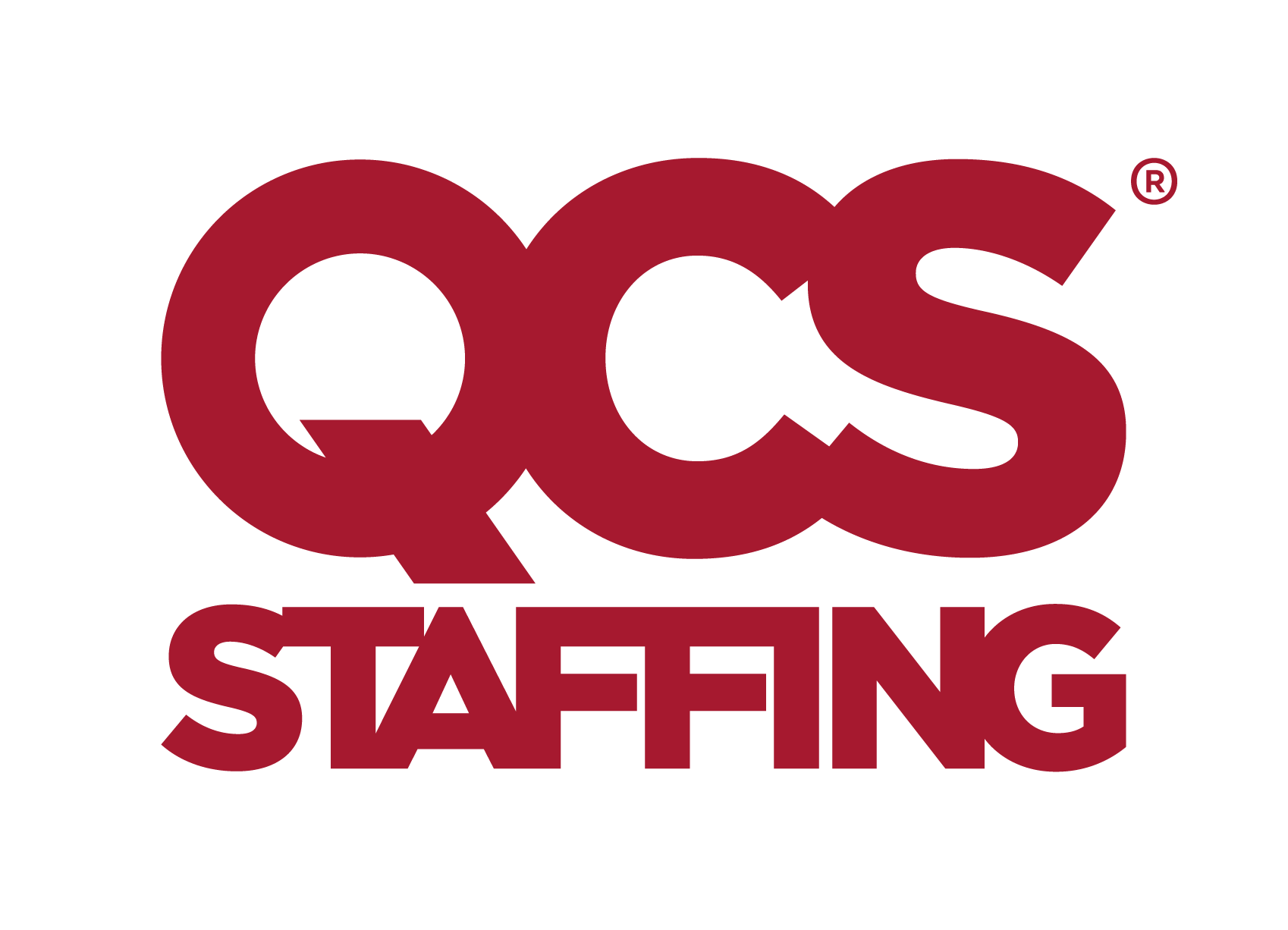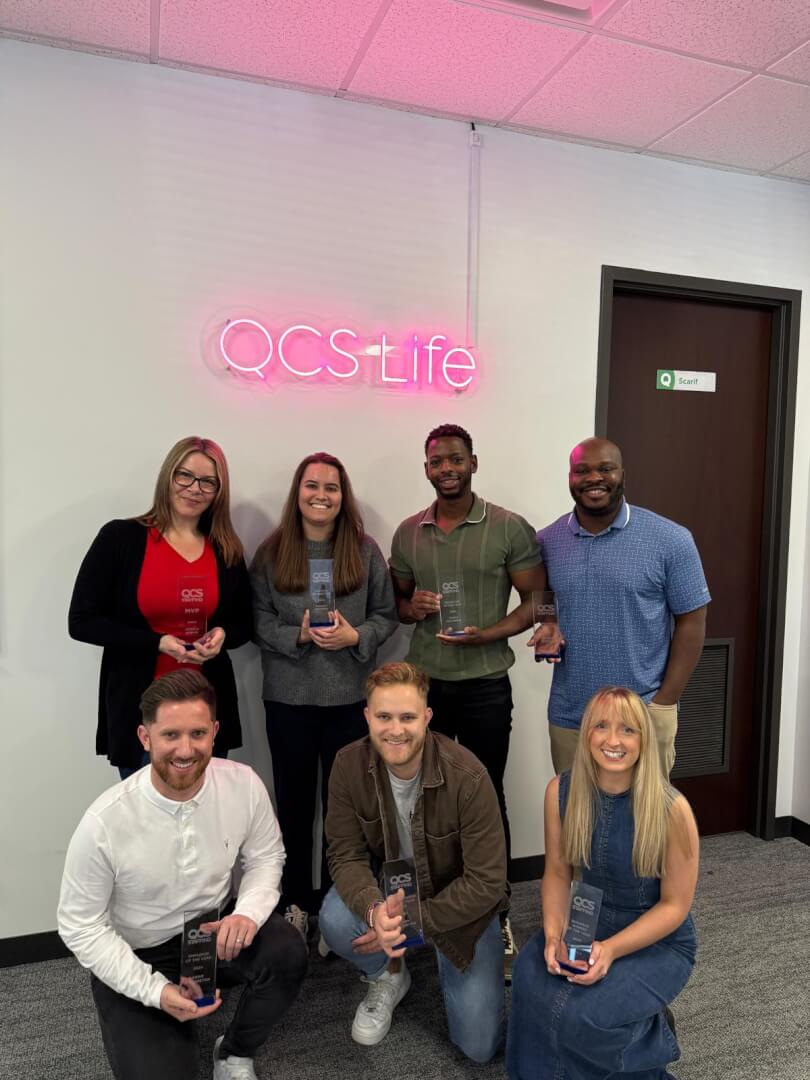5 steps to go from permanent work to contracting
The new year presents the perfect opportunity for personal and professional reflection and goal-setting. For many across the UK, part of this resolution period will focus on new career opportunities. With a third of UK workers planning on making a major lifestyle change over the coming years, such as starting a new job or changing to a more rewarding career, it’s clear that for many of us, 2018 will be a year to move on to bigger and better things. Could switching from permanent work to contracting be what you’re looking for?
According to The Self-Employed Landscape Report 2022, the number of self-employed people in the UK has hit 4.1 million – that’s over 10% of the UK workforce. There’s clearly an appetite for contracting and freelancing in the modern workforce, but what does it take to transition from a permanent role to this more flexible approach?
Be prepared to leave your permanent role
The nature of contracting work means that many companies will expect you to be prepared to start work immediately, or at least within a few weeks, from when a contract is confirmed. While you don’t necessarily need to be unemployed while you’re looking for contract work, you do need to factor these timeframes into your decision. Clients can move very quickly when recruiting for contract talent, and as such may want to meet and interview you as soon as possible. There’s also the matter of your notice period and any other obligations you need to see through at your current position of work. It’s also important to be prepared for a counter-offer when you resign and decide how you would approach this.
Re-work your CV
Your contracting CV should be different to the one you’d use for permanent positions. In contracting, you need to highlight your marketable skills and relevant experience, with less ‘filler’ and generalised content that might be on a permanent CV. Keywords are important to highlight to recruiters and organisations that you’ve read the job ad and have the relevant knowledge for the job. Short, concise bullet points should be used where appropriate to state the key facts – such as your qualifications, certifications, key skills and experience, with more detail added to show how these can be applied to the advertised contracting role.
If you're looking for more guidance, why not take a look at our how to construct a killer contract CV blog?
Speak to an agency that specialises in contract work
A recruitment agency that specialises in contract work, particularly within your specialist sector, can be extremely beneficial when it comes to securing interesting and lucrative contracts. A good agency will have dedicated recruiters with established relationships in your market, and will quickly be able to understand your particular skill set and how it can be applied to the contract market. At QCS Staffing, we have 25 years’ experience placing contract candidates in some of the biggest and best life sciences, renewable energy and ICT companies in the world, and pride ourselves on staying up-to-date with the latest industry knowledge so we can provide an exceptional service to both contracts and clients.
Decide between a limited or umbrella company
Payment for contractors is slightly trickier to establish than the typical system for full-time employers, but with a little investigation and effort it can be managed efficiently and effectively. At QCS Staffing, we don’t operate a PAYE initiative, so you’ll need to have a designated umbrella company or a private limited company in order to have payments processed. Each has its benefits, so we recommend doing a bit of research to find out which solution is best for you.
Build relationships
Once you’ve secured your first contract, it’s important to maintain contact with your recruiter – even if just to check in and update on the progress of the job. While many contracts are extended, some aren’t – and you’ll want to maintain a relationship with your recruiter to help line up your next contract as one comes to a close. If you have any issues or questions about a placement, your consultant will be on-hand to offer support, as well as provide feedback to you from the client. Many of our contractors have been with us for years, and we love building up these relationships and placing candidates in exciting new contracts time and again.
Contact us
Are you ready to take the plunge into contracting? We’re here to help. Take a look at our latest vacancies, or contact us directly.






.png?v=555b7067bd9c0aebf1a20236314b900e)